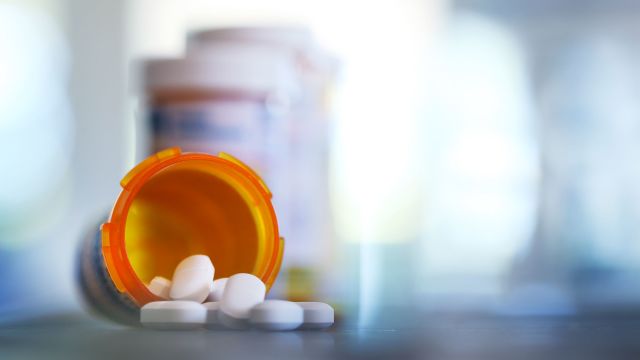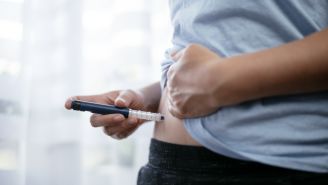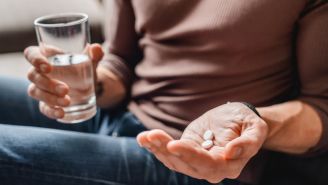The U.S. Food and Drug Administration (FDA) is warning consumers about fraudulent letters sent to people who have purchased medicines online or over the phone from illegal pharmacies. The agency is concerned that these fake letters, which look similar to official FDA correspondence, are part of an international extortion scam.
Printed on what appears to be FDA letterhead, the letters follow the format of other documents sent by the agency. They alert recipients that their packages have been reviewed and allude to drug violations stemming from their purchases. They ask for a written reply within 15 days, providing a valid FDA address.
So far, approximately three dozen letters have been reported. Mysteriously, thus far none appear to have included a request for money.
While the FDA routinely sends warning letters to companies manufacturing and distributing illegal drugs, individual consumers purchasing from these pharmacies typically are not targeted.
It’s unclear how the names and addresses of the recipients were obtained or how the senders knew who made the purchases. The FDA has warned that many of these websites—which allow people to buy drugs without a valid prescription and often at steep discounts—offer no fraud protection, thereby potentially enabling personal and credit card information to get into the hands of scammers. Some consumers may not even realize they are ordering from illegitimate websites.
“Many of these illegal websites appear legitimate, and it can be hard to tell the difference between a legally operating online pharmacy and a rogue website,” said FDA Commissioner Scott Gottlieb in a statement.
There are other dangers to making purchases from illegal pharmacies that go beyond scams. There is no guarantee that the medicine sent is exactly what was ordered. And many of these drugs are counterfeit, expired, unapproved or contaminated.
The best way for anyone to safeguard against receiving unsafe medication or being exposed to consumer fraud is to only buy from U.S.-licensed pharmacies that require a prescription. The FDA also advises consumers to follow certain guidelines when shopping for drugs online.
Meanwhile, anyone who receives a fraudulent letter is asked to email FDAInternetPharmacyTaskForce-CDER@fda.hhs.gov with as much information as possible, including photos of the envelope and scanned copies of the document to help the FDA investigate the scam.






